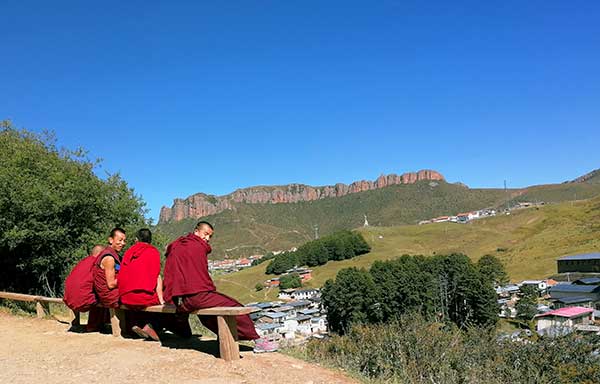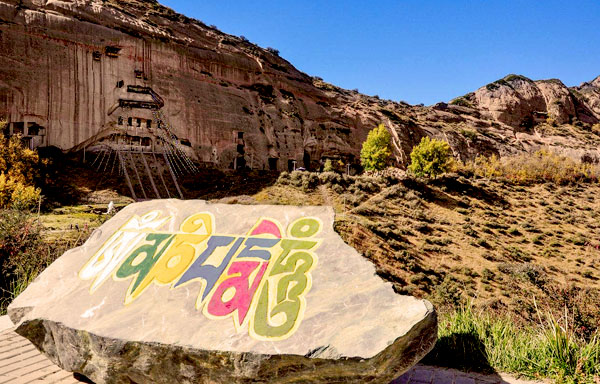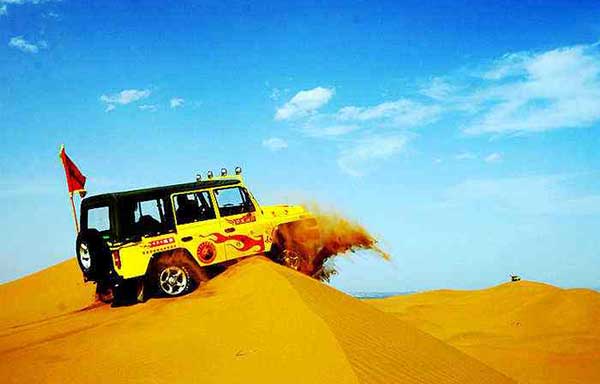- By admin
- In TravelEssentials
- 2015-03-07
Travel tips
Food and Drinks
Meals are included as per itinerary. Lunch and dinner are local, and most meals are served from a set menu. Unlimited amounts of tea, soft drinks and local beer are included with all meals. Other alcoholic drinks at mealtime are available for purchase. Please verify the cost before ordering.
Drinks in your hotel mini-bar are extremely expensive. Do not take drinks and try to replace them later. Since items in the mini-bar are counted in the morning, before you can replace anything, you will be charged. Hotel stores generally carry a variety of soft drinks and bottled water, but buying from the supermarket and shops outside the hotels with the assistance of your local guide is best.
Tipping Guide
The travelers should not feel obligated to tip your service providers like tour guides, drivers and bell boys. The routing tip is for service properly delivered. The big tip is for services offered either very well or above and beyond the call of duty. No tip sends a clear message of not to be dissatisfied with the service. Tipping correctly can save you time, embarrassment, and particularly money. Assume the services performed properly. In the case, here are some tipping guides of China tour: Recommended Tipping guide of China tour (daily basis) Tour conductor: US$4/Person (You may tip your tour conductor at the end of the trip.) Local tour guides: US$2/Person (groups of over 8 people) US$4/Person (groups with less than 8 people) Driver: US$1/Person (groups with over 8 people) US$2/Person (groups with less than 8 people) Other service staff together: US$1/Person.
Toilet Informations
Pay toilets, charging from 0.5 to 1 Yuan per person, can be found along the streets and in tourist places in large and medium-sized cities. Washrooms in airports and large shopping centers are free of charge. Many toilets in China do not have toilet paper available; it is suggested that you always bring your own.
Chinese Money matters
Chinese money matters can be confusing . The following information may help answer some of your questions and alleviate problems.

Chinese currency (Renminbi)
The Chinese currency is called Renminbi (people's currency) and is abbreviated as RMB. The basic unit is the Yuan. Ten Jiao make one Yuan; ten Fen equal one Jiao. Chinese currency consists of paper notes and hard coins.
Counterfeit bills are a problem in China. Very few Chinese ever accept a RMB50 or RMB100 bill without first checking to see whether or not it is fake. Notes that are old and tattered are also sometimes hard to spend. If you are having problems spending a tattered note, you can exchange it for a new one at the Bank of China. Counterfeit bills, however, will be confiscated.
Hong Kong's currency is the Hong Kong dollar and Macao's is the Macao dollar. Both currencies are worth 7% more than Renminbi.
Exchanging rates
US $1.00 = RMB 7.20 (approximately)
Carrying Money
For a trip to China and the Far East, It is better to carry money in combinations of US cash (in various denominations), traveler checks and credit cards. A money belt or pocket sewn inside your clothes is the safest way to carry money. Velcro tabs sewn to seal your pockets shut will also help thwart roving hands.
Cash
US dollars are good for the purpose of tips and small purchases. Many businesses in the urban areas will take dollars, but in more remote areas you will need to have RMB.
Credit Cards
All major cards such as Visa, Master Card, American Express, JCB and Diners Club are readily accepted in major tourist cities. They can be used in most mid-range to top-end hotels (three-star and up), Friendship Stores and some department stores. Unfortunately, it is still impossible to use credit cards to finance transportation costs; even flights have to be paid for in cash. Credit card cash advances are readily available at banks and ATM machines, even in places as remote as Lhasa. A 4% commission is generally deducted.
Remember to bring phone numbers to report lost or stolen credit cards should the need arise.
Traveler's Checks
Besides the advantage of safety, traveler checks are useful to carry in China because the exchange rate is more favorable than what you get for exchanging cash. Checks from most of the world's leading banks and issuing agencies, such as Thomas Cook, American Express and Citibank, are accepted in China. You can also purchase traveler’s checks from the Bank of China. Traveler’s checks can be cashed at banks, major hotels and department stores. Traveler’s checks in denominations of $100 or less are suggested. Your passport is always required when you are cashing traveler’s checks. Be sure to keep a copy of the serial numbers of the traveler checks, and the issuing agent’s phone number in case you need to report a loss.
ATMs
Using your ATM card is an excellent way to get cash in China. Drawing out small amounts of cash as needed from ATMs helps you avoid the risk of traveling with large amounts of cash. ATMs are available in most cities and airports in China. Money is issued in the local currency.
Except in Hong Kong and Macao, having money sent to you, via an international money transfer, in China is a time-consuming and frustrating task that is best avoided.
For foreign currency exchange rate please check http://www.exchangerate.com
Related destinations
Why Choose Us?
We are the top Silk Road tour operator based in Dunhuang, China. We focus on providing well designed Silk Road China Tours with resonable price and thoughtful service.
- Easy & carefree booking
- The best value
- Great travel experience
- Locally operated
Hot Tours
-

6 days Gansu tour to Binglingsi, Xiahe and Langmusi
Tour type : Private tour Price : from *** Destinations : Lanzhou - linxia - Xiahe - Langmusi - Hezuo - Lanzhou -

12 Days Gansu Highlights Tour
Tour type : Private tour Price : from *** Destinations : Xian – Tianshui – Lanzhou – Xiahe – Langmusi – Hezuo – Zhangye – Jiayuguan - Dunhuang -

10 Days Silk Road Classic Tour
Tour type : Private tour Price : from *** Destinations : Xian - Zhangye - Jiayuguan - Dunhuang - Turpan - Urumqi -

5 Days Zhangye - Alxa youqi Highlights Tour
Tour type : Private Tour Price : from *** Destinations : Zhangye - Alax youqi - Zhangye

